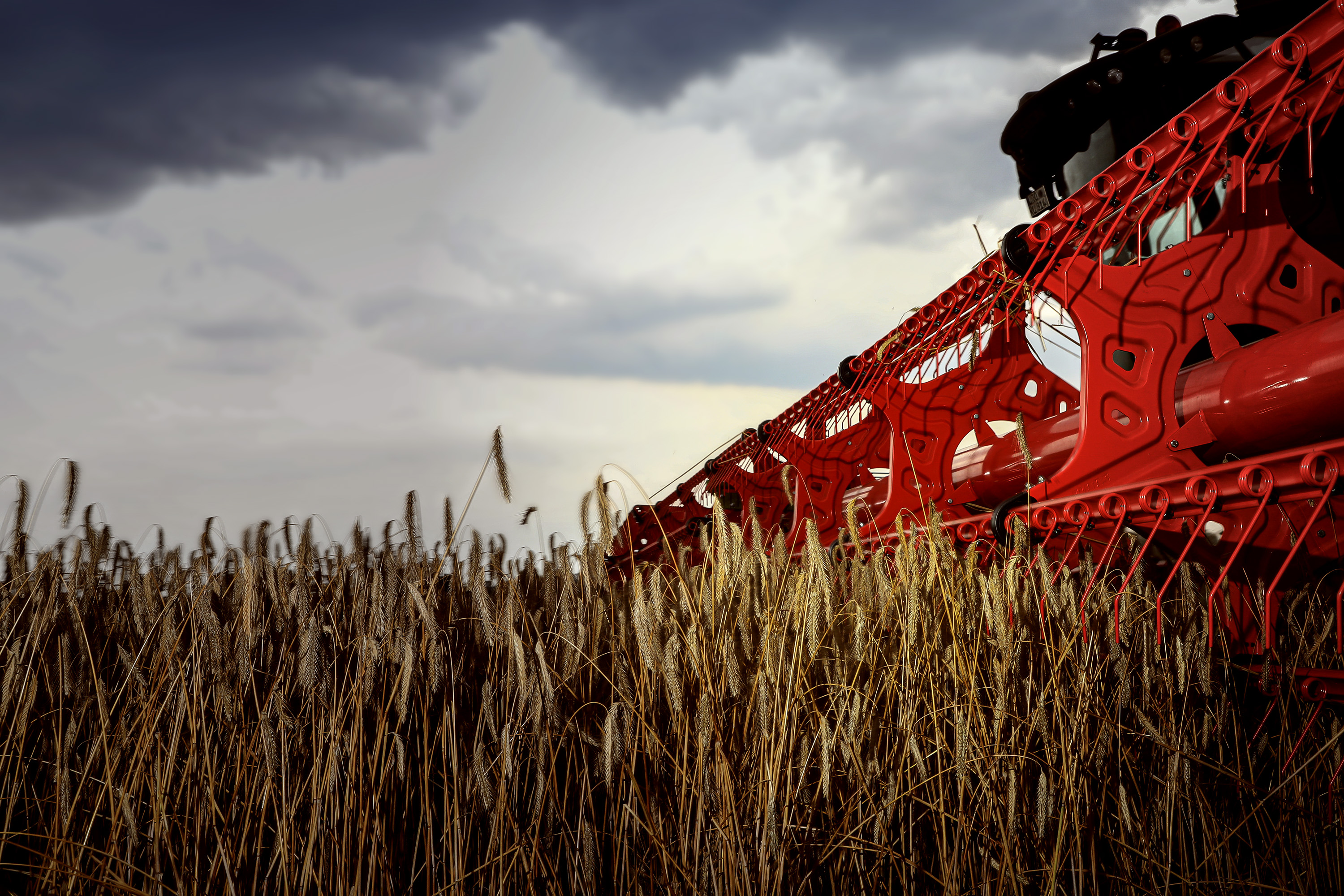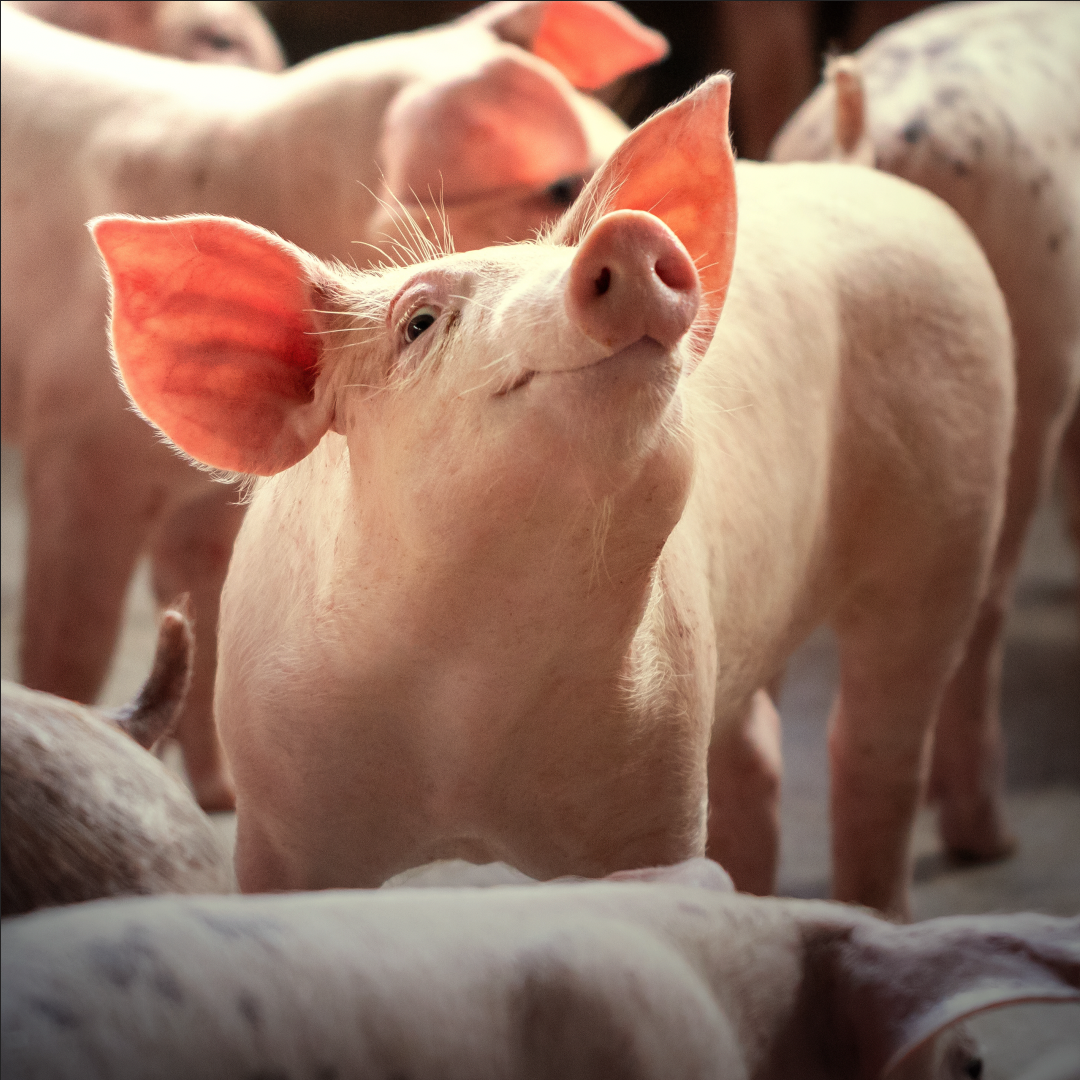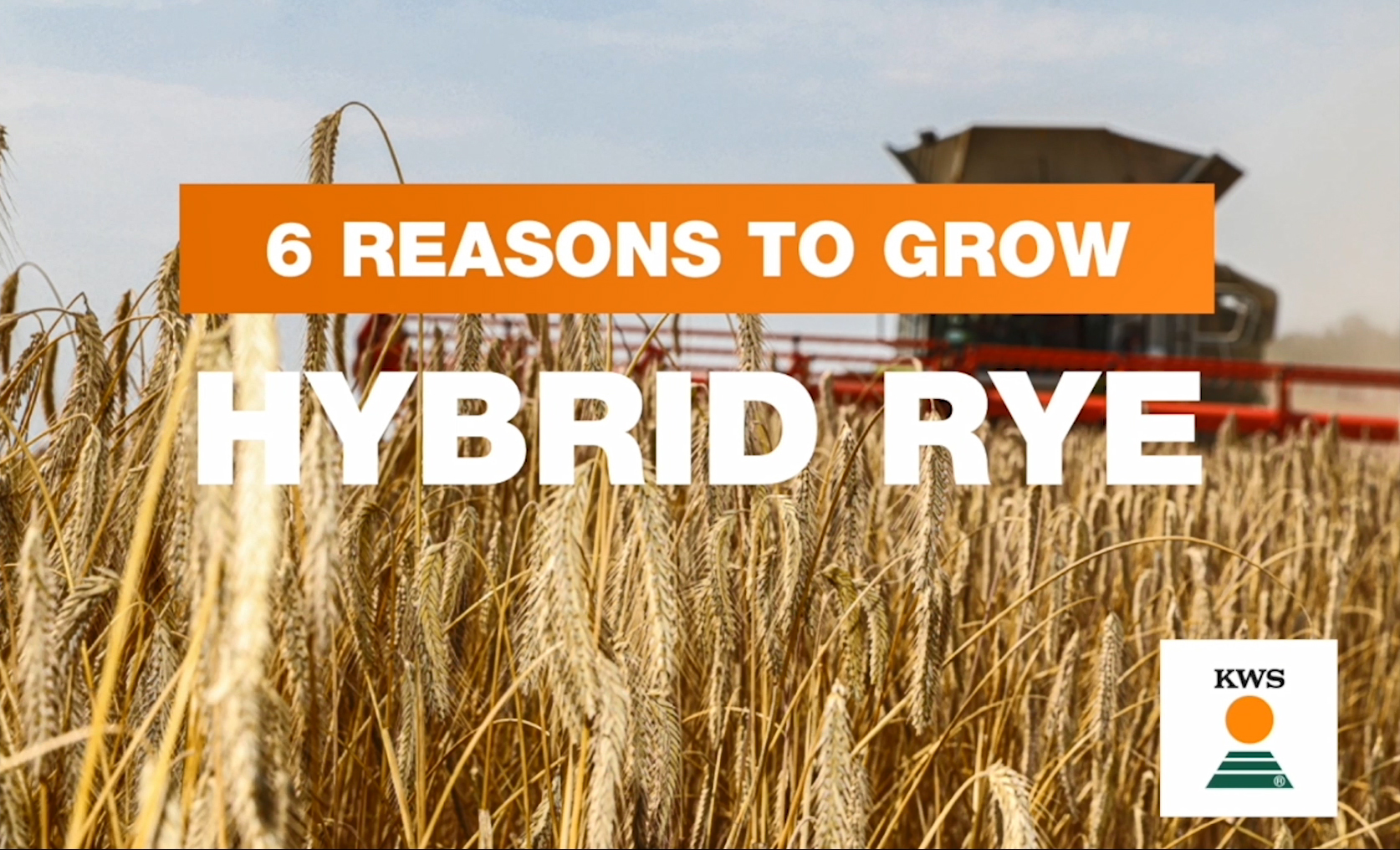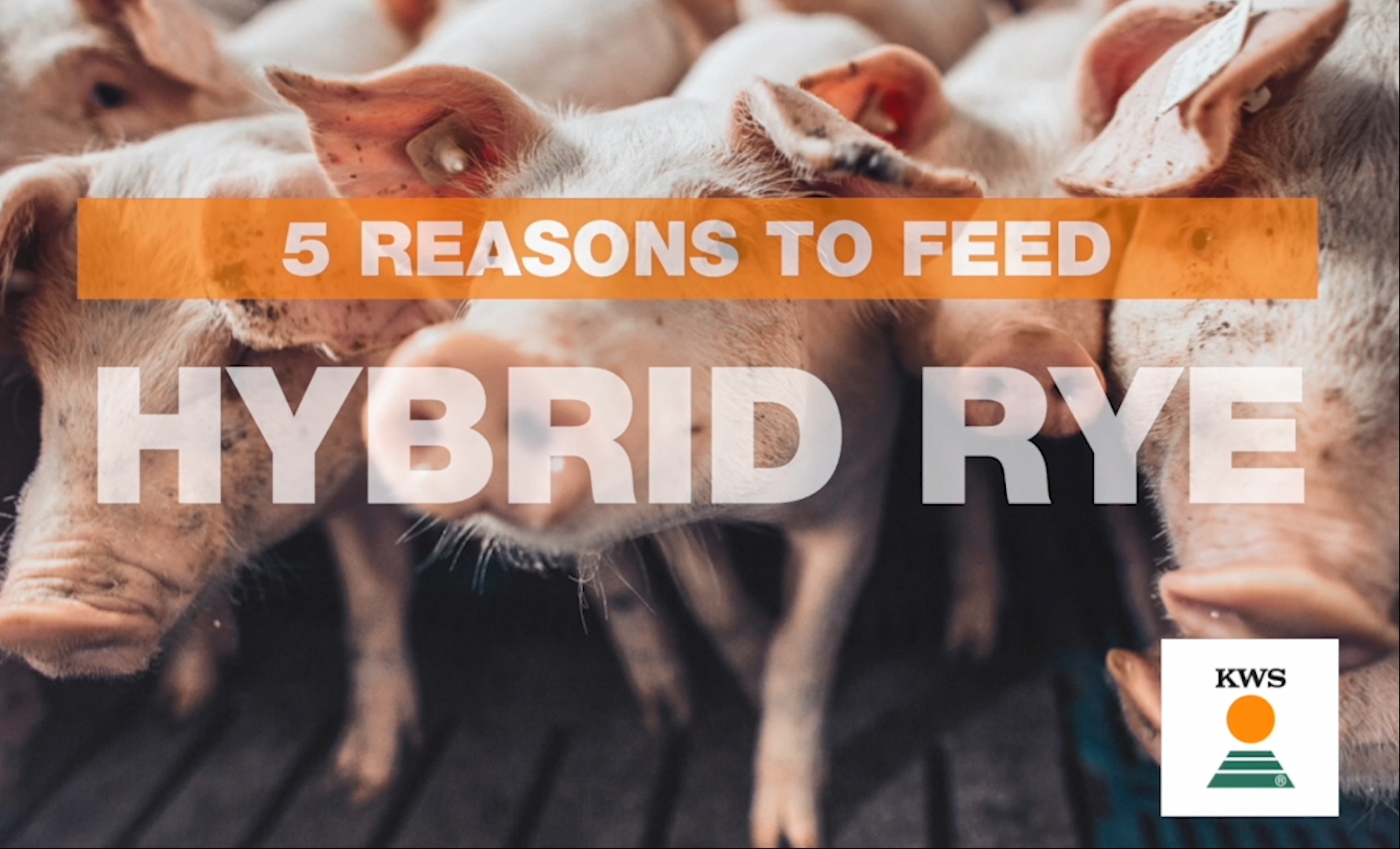Around the world – the #RYEVOLUTION 2.0 begins!
Our farmers around the world grow KWS' hybrid rye – and show what great successes are possible with this robust crop. It meets today's and tomorrow's requirements for a modern, high-yielding crop and has the best properties for sustainable and healthy nutrition for people and animals. On our around-the-world tour, we visit our farmers and want to know more: What are the advantages, strengths and reasons for growing rye? Let us convince you too, with real, first-hand experiences!
The #RYEVOLUTION 2.0 is taking off – take off with us!
Starting a #RYEVOLUTION
Ryevolution unites Rye, Evolution and Revolution. What do the words stand for?
Rye
Rye has excellent yield potential.
Evolution
Rye shows high yield progress in hybrid breeding.
Revolution
Rye is the best solution for current and future agricultural challenges.
Hybrid rye could be
used up to
Rye needs lower nitrogen
requirements
Hybrid rye increased
grain yield up to
Rye has lower water
requirements
Rye has the lowest
Hybrid rye saves
Rye in Feeding
Around the World: with farmer Claus Drejer, Denmark
The advanced farmer Claus Drejer is an advanced hybrid rye grower. He explains why KWS hybrid rye with PollenPlus technology is used for over 15 years on his farm. What positive effects he derives from it for his farm generally and especially for his pigs.
Rye has many advantages for me – it is robust,
very high-yielding on our sites, and involves little effort in cultivation.
Hybrid rye – an added-value feed component
Beneficial for the immune system
New findings on feed value means rye is also interesting for pig fodder. Rye contains a lot of fiber and fructans, which are converted in the pig's colon into organic acids such as butyrate. These acids have a positive effect on intestinal health and intestinal flora. This is good for the immune system, because its function is determined by the microbial composition of the intestinal flora. Butyrate also contributes to salmonella reduction and lowers the boar taint caused by skatole. An extensive field trial confirmed these results.
Rye promotes animal welfare
Rye promotes animal welfare, because the high fiber content mans pigs feel satiated for a longer time. The blood sugar level remains stable, well-fed pigs are more satisfied and more relaxed – and what´s more, farmers note consistently high performance. In addition, fiber is good for the gastric mucosa, which help to prevent stomach ulcers.
Not afraid of ergot
Farmers used to be afraid to use rye for feeding, because of the ergot toxin, so rye was used only in small amounts. However, the latest breeds of KWS with the PollenPlus breeding system are only slightly susceptible to ergot. They produce more pollen pollinating the stigma, so the risk of fungi settlement is reduced.
Why rye?
Your consultants











